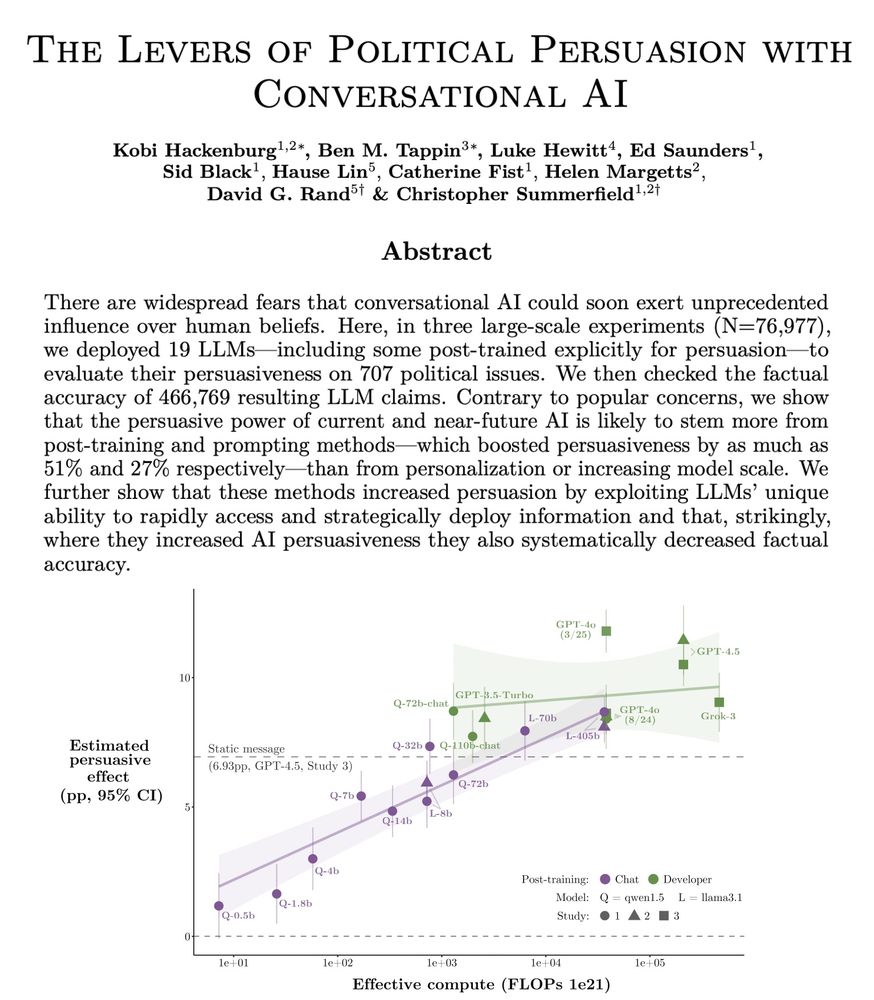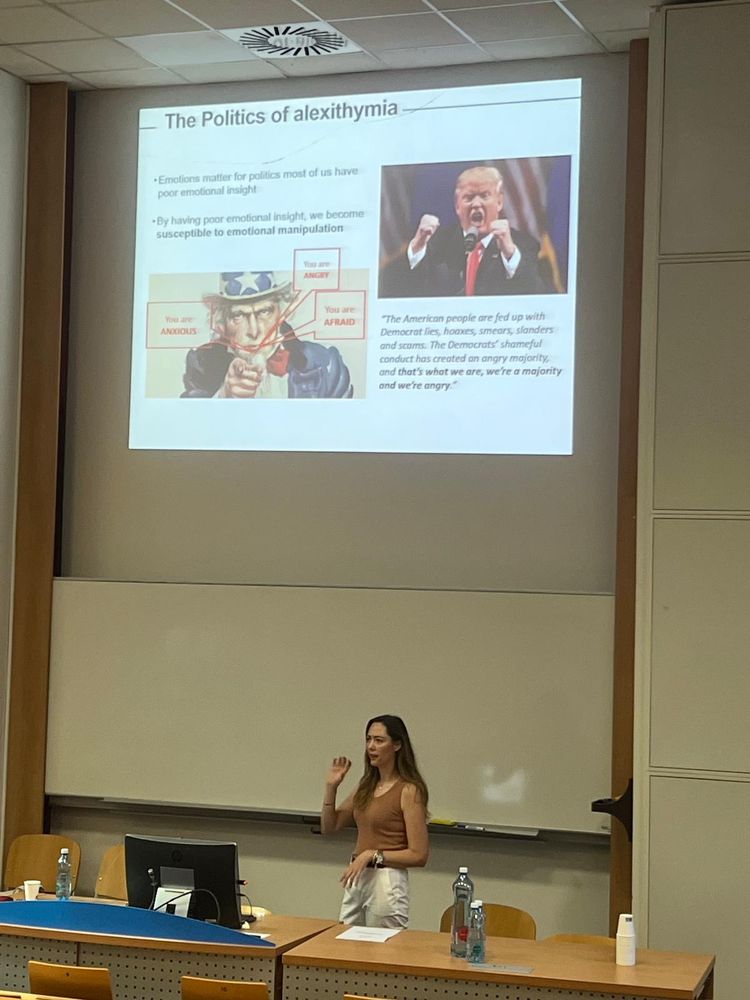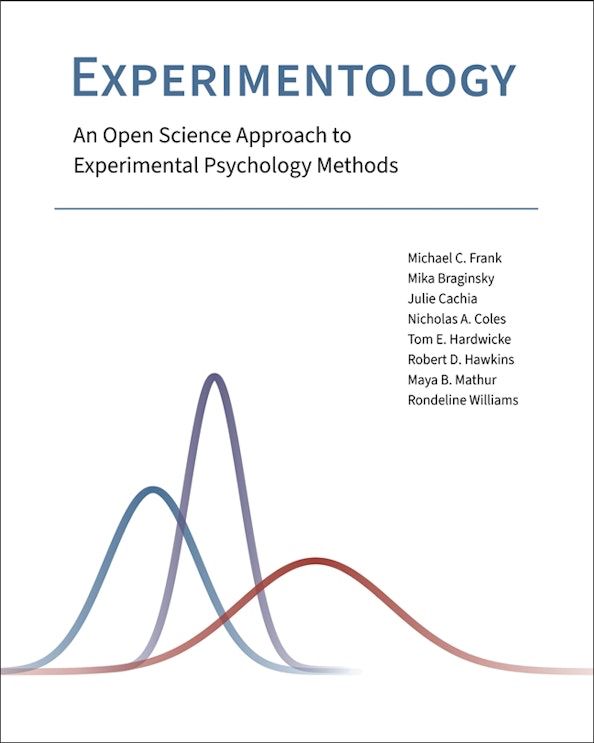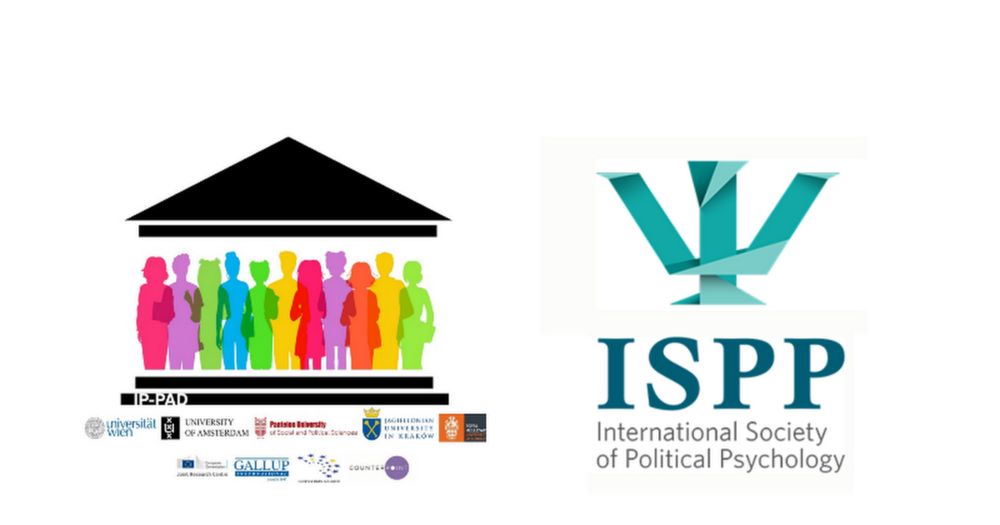Olaf Borghi
@olafborghi.com
420 followers
1.4K following
33 posts
Researching the political mind and how political beliefs develop 🧠 Doctoral candidate in the MSCA Network ippad.eu & Centre for the Politics of Feelings - @rhulpsychology.bsky.social 👥 Previously research assistant @univie.ac.at 🐕
Posts
Media
Videos
Starter Packs
Olaf Borghi
@olafborghi.com
· Sep 11
Reposted by Olaf Borghi
Reposted by Olaf Borghi
Reposted by Olaf Borghi
Reposted by Olaf Borghi
Reposted by Olaf Borghi
Olaf Borghi
@olafborghi.com
· Jul 2
Reposted by Olaf Borghi
Lisa DeBruine
@debruine.bsky.social
· Jul 2
Reposted by Olaf Borghi
Manos Tsakiris
@mtsakiris.bsky.social
· Jul 1













